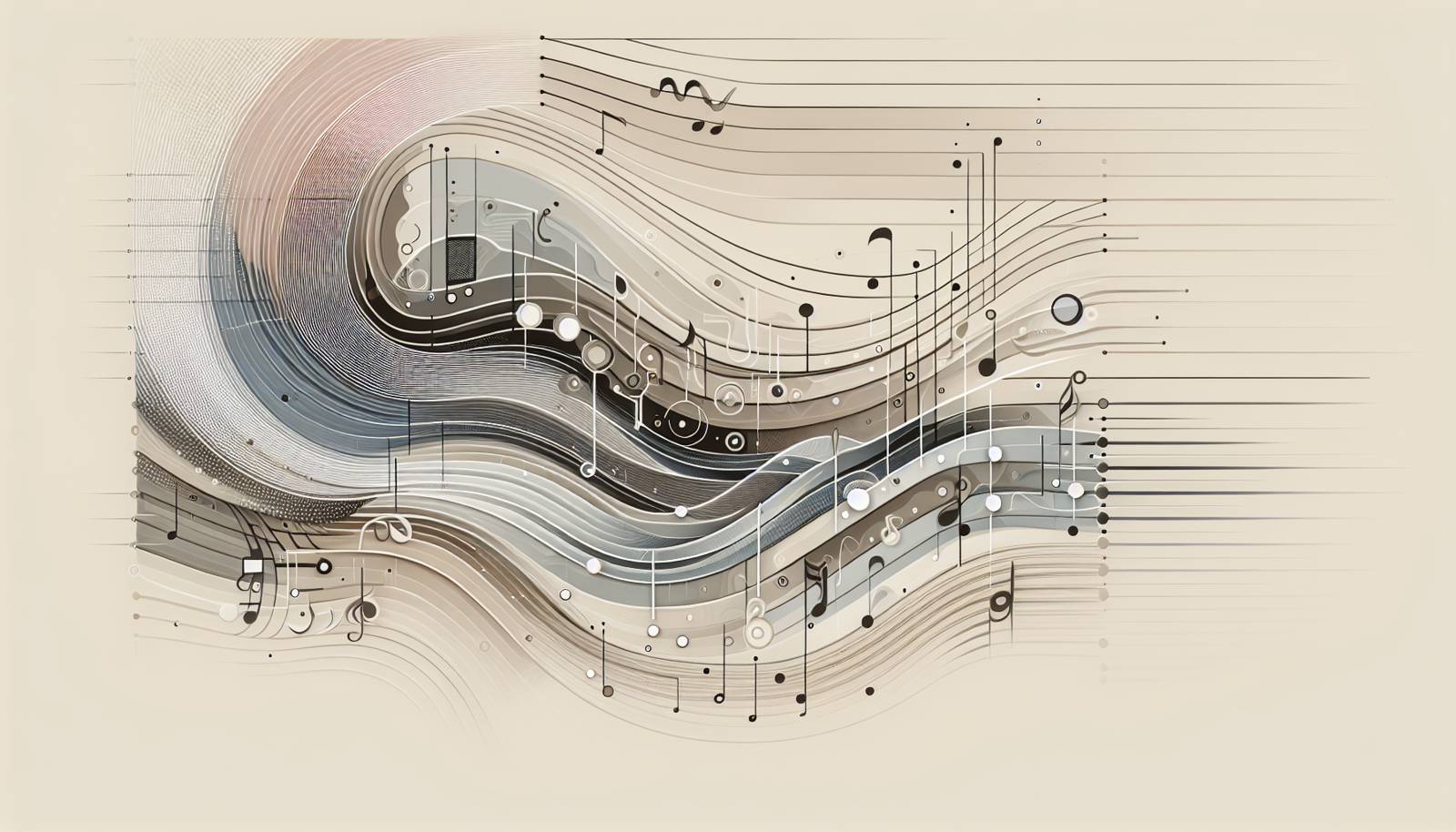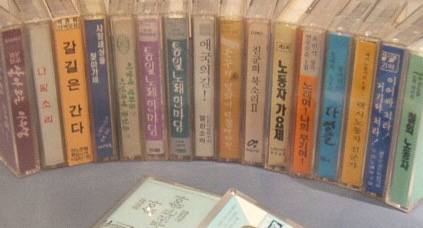
FAQ About Cultural Significance of Protest Songs Through Decades

What is a protest song?
A protest song is a musical composition that expresses disapproval or seeks to incite change in social, political, or economic structures. They are often associated with social movements and are used to raise awareness, unite people, and mobilize action.

How have protest songs influenced social movements?
Protest songs have served as powerful tools for social movements by communicating complex ideas in an accessible format. They can spark unity and solidarity among people within a movement, providing them with a shared emotional experience and a rallying call to action. Historical examples include songs from the Civil Rights Movement and anti-war protests.

What are some famous protest songs from the 1960s?
The 1960s was a prominent era for protest songs, with influential tracks such as Bob Dylan's "Blowin' in the Wind," "The Times They Are a-Changin'," and Marvin Gaye's "What's Going On." These songs addressed issues ranging from civil rights to anti-war sentiments, resonating deeply with the public consciousness of the time.

Why are protest songs important in cultural history?
Protest songs are important in cultural history because they provide insights into the social and political issues of their era. They often become anthems of change, reflecting the ethos of movements and sometimes even influencing legislation by raising public awareness and support for causes.

Can a protest song really change public policy?
While a single protest song might not directly change public policy, it can significantly influence public opinion and bring attention to important issues. The collective power of protest songs within a movement can help shift societal attitudes, which in turn can pressure policymakers to implement changes.

How do protest songs reflect societal values?
Protest songs often reflect prevailing societal values, aspirations, and grievances. By encapsulating the emotions and desires of a population during periods of unrest or change, these songs provide a cultural mirror to the values that people hold dear at a given time and reveal the collective desire for progress or reform.

What role did protest songs play during the Vietnam War?
During the Vietnam War, protest songs played a crucial role in voicing opposition to the conflict. They were central to the anti-war movement, offering a means for people to express dissent and unify against military actions. Key songs like "Fortunate Son" by Creedence Clearwater Revival and "Give Peace a Chance" by John Lennon became synonymous with the anti-war sentiment.

Are there modern examples of protest songs?
Yes, modern examples of protest songs include "Alright" by Kendrick Lamar, addressing systemic racism, "This is America" by Childish Gambino, highlighting issues of gun violence and racial inequality, and "Praying" by Kesha, which speaks to personal and collective resilience against abuse.

How do different cultures use protest songs?
Different cultures utilize protest songs to address unique societal issues pertinent to their context. In South Africa, anti-apartheid songs played a role in political protest. In Latin America, Nueva Canción was a movement of folk-inspired music promoting social change. These songs rely on indigenous musical traditions to spotlight local struggles and aspirations.

What are common themes found in protest songs?
Common themes in protest songs include social justice, political dissatisfaction, anti-war sentiments, human rights, environmental concerns, and calls for peace and equality. These themes reflect societal challenges and aspirations, offering not only critique but also hope for future change.

How did protest songs contribute to the Civil Rights Movement?
During the Civil Rights Movement, protest songs were instrumental in inspiring activists and promoting solidarity. Songs like "We Shall Overcome" and "A Change is Gonna Come" encapsulated the fight for racial equality and justice, uplifting spirits and encouraging participation in the movement.

What is the impact of genre on protest songs?
The genre can greatly impact the reach and perception of protest songs. Folk music, often associated with social movements, allows for straightforward storytelling. Rock can intensify emotion and galvanize youth, while hip-hop provides a platform for candid expression of urban struggles. Each genre brings unique elements that enhance the song's message.

Can protest songs be found in genres other than folk or rock?
Yes, protest songs can be found in virtually every musical genre. Hip-hop, reggae, pop, country, and even classical music have all produced protest works. Reggae artists like Bob Marley have addressed issues of oppression and inequality, while pop artists like Madonna have used their platforms to sing about social change.

Do protest songs vary across different political systems?
Protest songs do vary across different political systems, reflecting specific governmental dynamics and societal issues. In authoritarian regimes, protest songs might be more covert and metaphorical to avoid censorship, whereas in democratic societies, they might directly challenge policies and leaders.

Why do some protest songs become timeless?
Some protest songs become timeless because they capture universal themes of justice, freedom, and human rights that resonate across generations. Songs like "Imagine" by John Lennon inspire continuous reflection and hope by providing a vision of a better world, making them relevant long after their release.

How do protest songs differ for various movements?
Protest songs differ for various movements by addressing specific issues and using language that resonates with their audience. While the Civil Rights Movement focused on racial equality, modern protest songs may tackle climate change or digital privacy rights, employing contemporary cultural references and music styles.

Can protest songs influence political campaigns?
Yes, protest songs can influence political campaigns by energizing supporters and reinforcing campaign messages. Often, candidates use songs to connect with voters emotionally, as they highlight shared values and aspirations. They can also criticize opponents' policies, shaping the political discourse around an election.

How do protest songs address environmental issues?
Protest songs addressing environmental issues raise awareness about topics like climate change, pollution, and conservation. By using poignant lyrics and powerful music, they encourage listeners to reflect on the impact of their actions and advocate for sustainable practices. Examples include "Mercy Mercy Me (The Ecology)" by Marvin Gaye and "Big Yellow Taxi" by Joni Mitchell.

What is the relationship between protest songs and censorship?
Protest songs often navigate the challenges of censorship, especially in repressive political environments. Artists employ metaphor and allegory to circumvent restrictions, ensuring their message reaches audiences despite potential government crackdowns. In some cases, censorship itself can amplify the song's impact by highlighting the issues at stake.

Are protest songs still relevant today?
Protest songs remain highly relevant today as they continue to address ongoing social, political, and economic issues. In an era of rapid communication and global connectivity, these songs can quickly mobilize support for causes and provide a soundtrack to contemporary movements, keeping them at the forefront of societal change.
